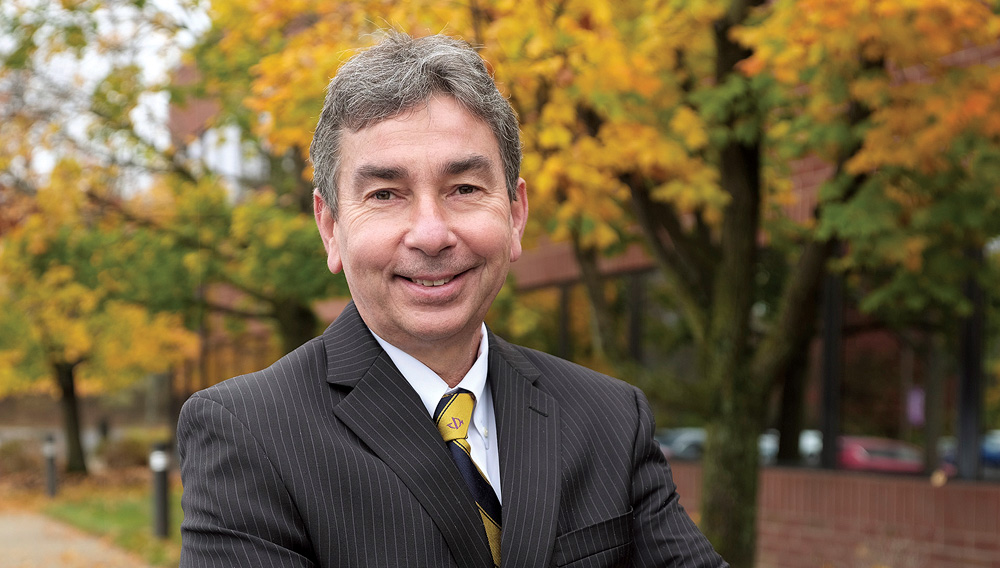Social Justice at Excelsior College

Excelsior College will establish a center for social justice in 2021. In some ways, the center will be a new direction for the College, but in others, it is a continuation of our mission and values. After all, Excelsior College was founded on the belief that access to higher education — particularly for those who have been historically underrepresented — is important to individual and societal progress.
Social justice is a central component of our economic, moral, political, and environmental ecosystem. Components of social justice include racial justice; gender justice; economic justice; environmental justice; equity; housing, water, and food security; fair employment practices; and fundamental human rights and respect. How these issues are addressed determines whether people are treated fairly and justly. When one or more are missing, discrimination, oppression, and unfair treatment of people throughout the world increases.
Our focus on social justice is all the more important in light of the polarization in our society and the inaccurate portrayals of social justice as little more than disagreements between special interest groups. Justice is not relative to individuals or groups; it is a foundational element of any society based on moral and ethical principles. In fact, justice requires that we not focus on our individual interest, but rather base fairness and equity on our commonalities as human beings.
One helpful way to consider social justice is through a thought experiment introduced by John Rawls in his seminal book, “A Theory of Justice.” Rawls argues that the only logical system of justice is one that treats people equally, regardless of race, gender, or class, showing that if we put aside our own biases that favor us, we will come to the same conclusion about justice as a matter of fairness.
Specifically, Rawls argues that a system of justice based on fairness must include the following. First, each person must have the same basic liberties as everyone else. We must all be free to pursue the lives we want to the same extent as everyone else. Second, social and economic inequalities must satisfy two conditions: There must be fair equality of opportunity, and the greatest benefits resulting from inequalities should benefit the least well-off. In other words, everyone should have the same opportunity to get a job or seek public office as anyone else, and an unequal distribution of wealth and services is justified only if that distribution benefits those who are least well-off.
Although not explicit, the history of Excelsior College subscribes to Rawls’ theory of justice. We strive to serve those who have not had the opportunity to benefit from traditional higher education, and we are an equal opportunity educator and employer. We do not discriminate based on race, gender, religion, financial background, or other characteristics.
A center for social justice will build on Excelsior’s open-access mission to serve those who have not been well served by traditional higher education. The center will help our students and staff better understand social justice issues, including diversity, equity, inclusion, equality, and liberty for all. This is a natural step in Excelsior’s development, and a clear statement of our commitment to the principles of social justice.
David Schejbal, PhD
President


